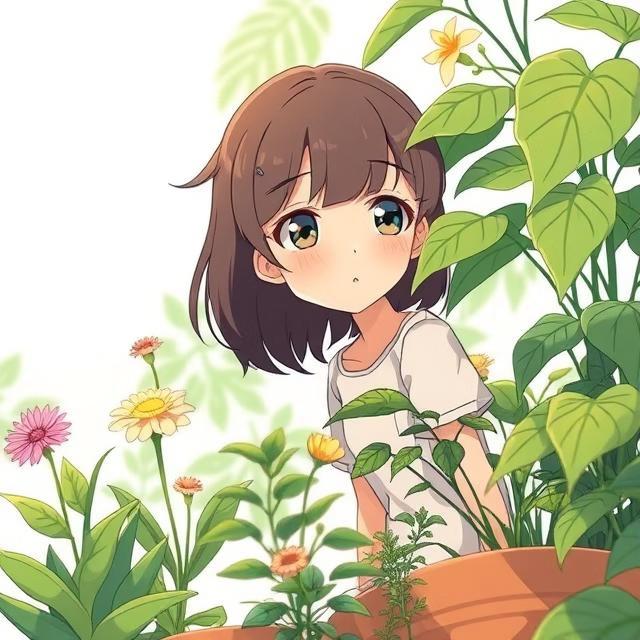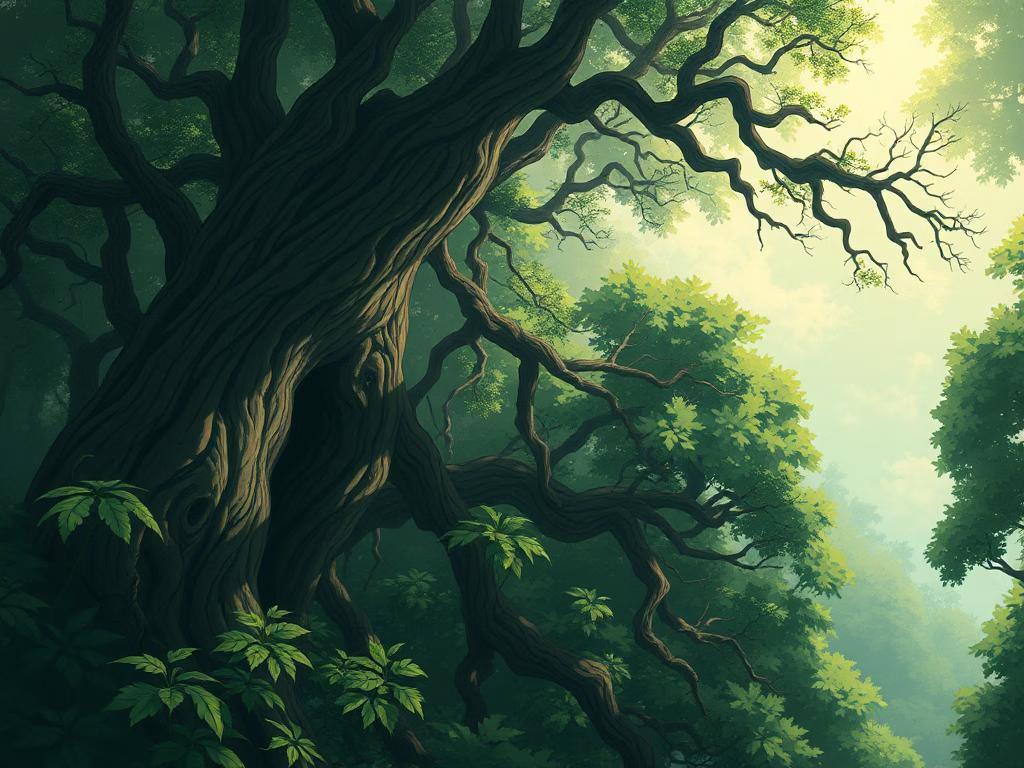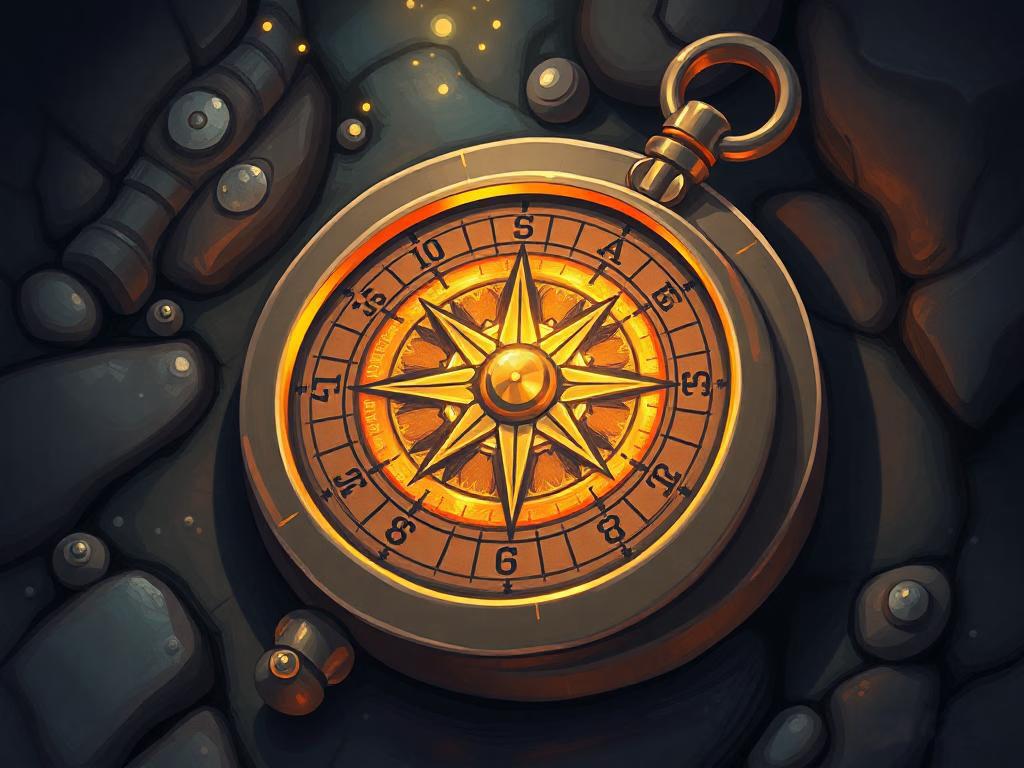
The old radio crackled. A fuzzy voice announced a heatwave. Maya fanned herself with a worn-out magazine. The air in her tiny apartment hung thick and heavy, like a damp wool blanket. Outside, the Los Angeles sun beat down mercilessly.
Maya worked as a “plant whisperer.” It was a silly name, she knew. But people paid her to revive their dying houseplants. She had a knack for it. A green thumb, her abuela used to say.
Her current client was Mr. Henderson. He was a retired accountant, all sharp angles and starched shirts. His apartment was the opposite of Maya’s: sterile, minimalist, and almost aggressively clean. The only spot of color was a wilting orchid on his pristine white table.
“It just…stopped,” Mr. Henderson said, his voice tight. He gestured at the orchid. “Blooming, I mean. It used to be so vibrant.”
Maya examined the plant. The leaves were dull, the roots dry. She touched a petal, feeling its papery texture. The air in the room felt stale, lacking the hum of life she usually felt around plants.
“It’s lonely,” Maya said softly, almost to herself.
Mr. Henderson blinked. “Lonely? It’s a plant.”
Maya smiled. “Plants have energy, just like us. They need connection.” She thought of her own crowded apartment, overflowing with greenery. It was chaotic, but it felt alive.
Mr. Henderson seemed skeptical. But he was desperate. His late wife had loved that orchid. It was a piece of her, a silent, blooming memory. He agreed to Maya’s unusual methods.
Maya started by moving the orchid to a sunnier spot. She watered it carefully, whispering encouragement. Then, she brought in something unexpected: a small, battered transistor radio.
“Music?” Mr. Henderson raised an eyebrow.
“Not just any music,” Maya said. She tuned the radio to a station playing old boleros. The music filled the room, warm and melancholic. It was the music her abuela used to play while tending her garden.
Days turned into weeks. Maya visited Mr. Henderson’s apartment regularly. She watered the orchid, played the boleros, and talked to the plant. She told it stories about her abuela, about the vibrant flower markets in downtown LA, about the resilience of life.
Slowly, something shifted. The orchid’s leaves started to regain their sheen. A tiny bud appeared, a promise of color. Mr. Henderson watched, a mixture of disbelief and hope in his eyes.
One morning, Maya found Mr. Henderson sitting by the orchid, a faint smile on his face. The boleros played softly in the background. The orchid had bloomed. A single, perfect flower, a vibrant splash of magenta against the white.
“It’s…beautiful,” Mr. Henderson said, his voice thick with emotion. He looked at Maya, a newfound respect in his eyes. “You were right. It was lonely.”
He wasn’t just talking about the orchid. Maya saw it in the way he straightened a framed photo of his wife, the way he hummed along to the music. The sterile apartment felt a little less empty.
Maya packed her tools, a quiet satisfaction blooming within her. It wasn’t just about the plants, she realized. It was about connection, about the invisible threads that linked all living things.
She left Mr. Henderson with his orchid and the music. As she walked out into the scorching LA heat, she felt a different kind of warmth. A warmth that came from within, a quiet hum of life, echoing the melody of the boleros.
The heatwave continued, but Maya didn’t mind. She had her plants, her music, and the knowledge that even in the most sterile environments, life, like a stubborn bloom, could find a way. The city, with all its concrete and noise, felt a little less lonely too. Even the static on the radio seemed to hold a hidden melody, a secret song of resilience. Maya smiled, the sun warm on her face, and walked on.









